A condensate pumpis essential when it comes to cooling or heating. As a homeowner, you may have noticed that your condensate pump makes a lot of noise but still don't know how to tackle the problem. Luckily, we have consulted experts in this field, and here's what they have to say.
A hole in the pump, loosened bolt, high fluid velocity, and hydraulic action are possible causes of a noisy condensate pump. Here are steps to follow to tackle a loud condensate pump:
- Add more protection between the pump and wall.
- Make sure there are no openings in the pump.
- Repair faulty pipes and change filters.
- Try decreasing the speed of water flow in the pipe.
- Install a reflection silencer.
In addition to the mentioned causes of a loud condensate pump, several other factors contribute to a noisy condensate pump. We'll cover how to diagnose and address these problems. Keep reading to get more detailed information.
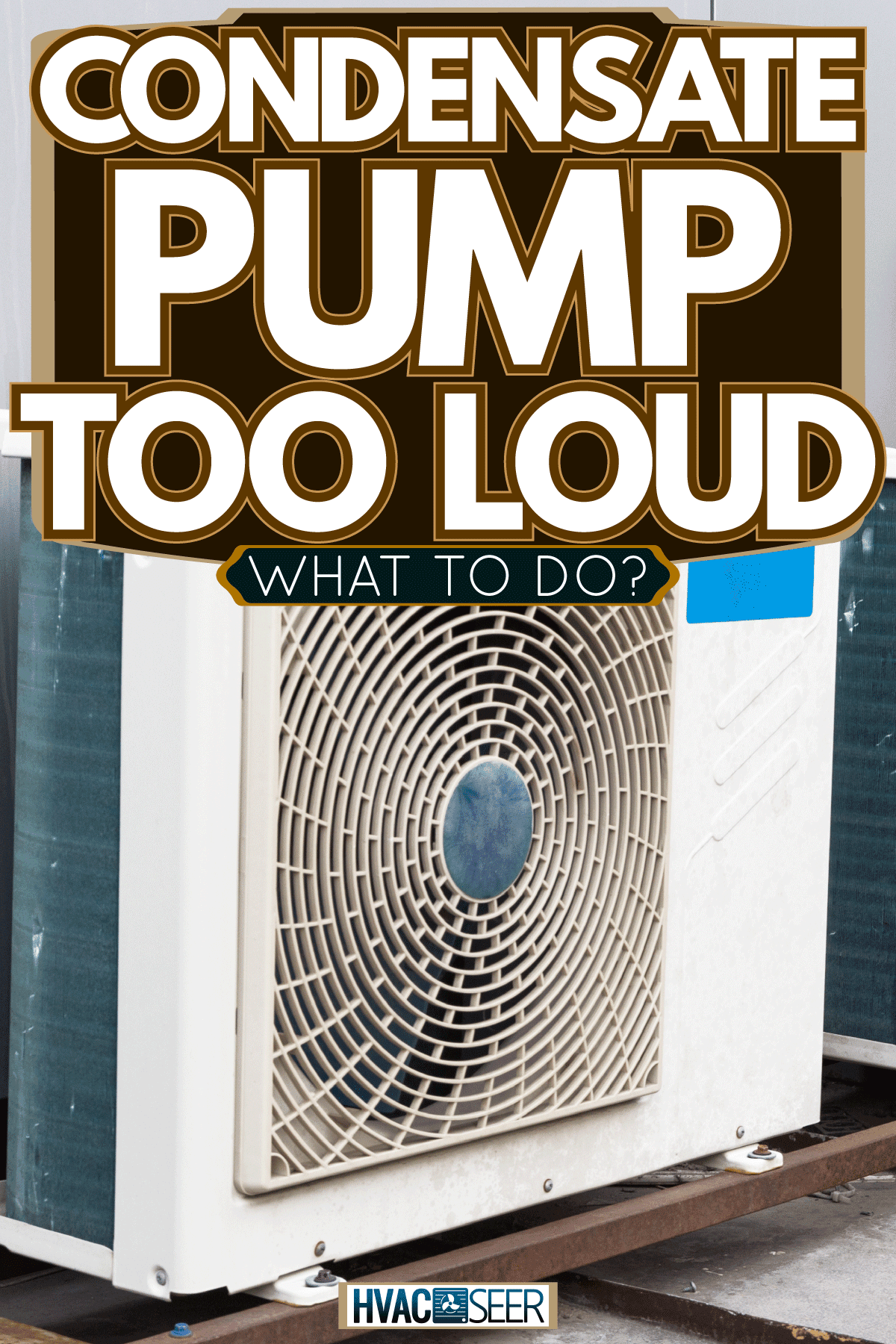
What To Do When Your Condensate Pump Is Too Loud
A condensate pump either eliminates liquid once it has been collected or recycles the water back into the machine. Condensate pumps can get noisy over time.
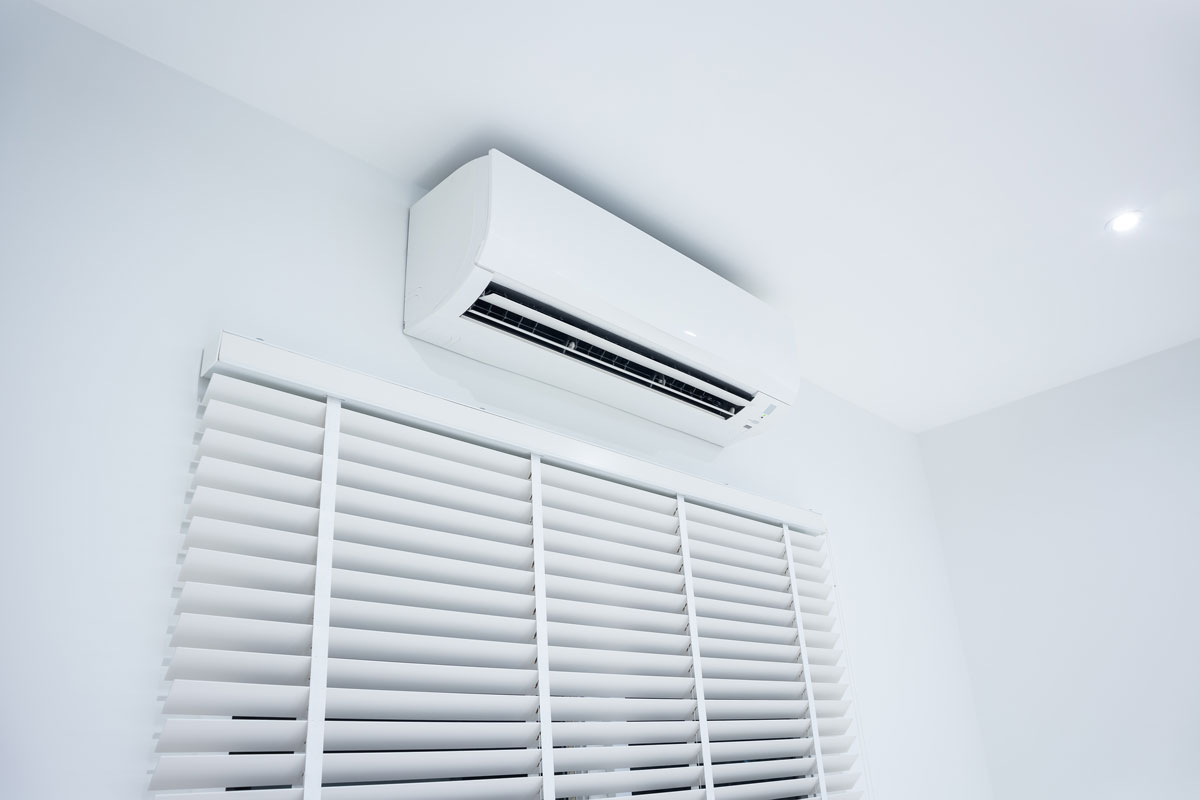
This is primarily because of the pump's high fluid velocity and hydraulic action. Depending on the size and placement of the pump, as well as the level of noise it produces, the following steps can be taken to reduce the noise of your condensate pump:
Add More Protection Between The Pump And Wall
Adding an additional layer of insulation between the pump and the room's walls will help prevent sound vibrations from echoing all over the room.
Place a thick layer of foam beneath the pump, then surround the walls with sound-absorbing panels or fibreglass insulation to keep the noise down. If the pump is small, you can use a mouse pad as insulation.
Next, screw up any bolts on the pump and the pipe system connected to the pump that may be prompting the excess clattering. If you notice that the pipes are bouncing off surrounding walls, use foam to cover them.
Make Sure There Are No Openings In The Pump
Ensure that there are no openings in the pump and pipe system that are allowing air to pass through them and creating pulsations in the pump's operation.
Repair Faulty Pipes And Change The Pump's Filter
To ensure that excess air is kept out of the system, repair any holes or replace faulty pipes. Also, make sure to clean or change your pump filter. Due to the debris removed from the water, the pump may have to work harder to drive the water through the filter, causing the pump to generate more noise.
Try Decreasing The Speed Of Water Flow In The Pipe
Reducing the velocity of water flow in the pipe is allowed as long as it does not interfere with the system's effectiveness. Also, you can discover the correct flow rate for the pump you are operating by going through the owner's handbook or consulting with a professional technician.
Install A Reflection Silencer
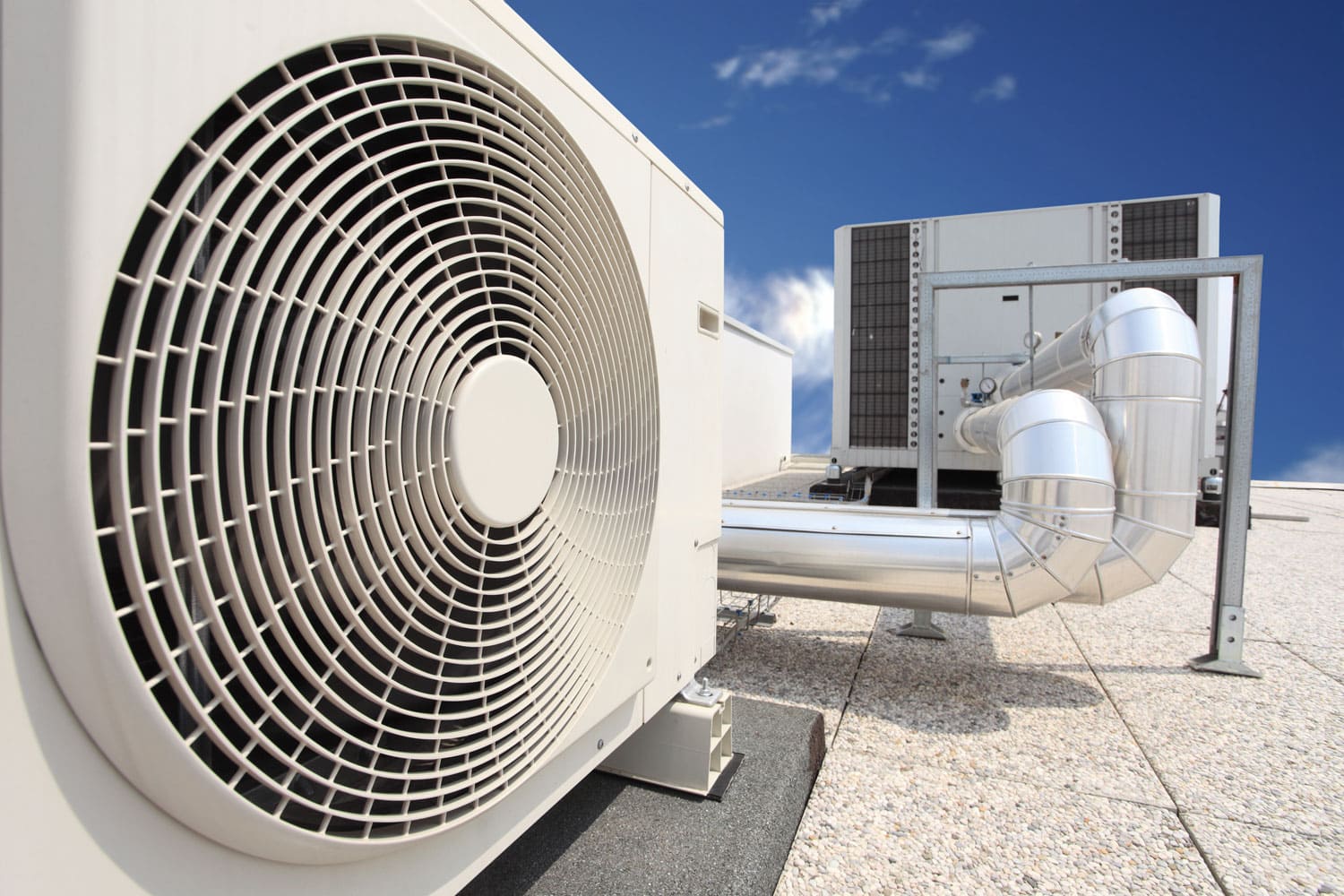
Add a reflection silencer to the pump system to make it less noisy. This mechanism can get rid of sound waves by producing a sound wave that is out of sync.
Why Is My Condensate Pump Too Loud?
A strange noise usually means that something is wrong with your condensate pump. If you notice a whistling sound, there could be an air leak within the pump. A gurgling sound may indicate that the pump is malfunctioning or that there is a clog somewhere in the system.
Also, your condensate pump making loud noise could be a result of the noise coming from loose discharge fittings. Always make sure every bolt on the pump is tightened. In other circumstances, the noise could be a result of using a low-quality or faulty pump.
Is It Normal For A Condensate Pump To Make Noise?
Even though a condensate pump may appear to be a small device attached to the side of your furnace or air-conditioning system, it is more complicated than that. Condensate pump plays a crucial role.
By design and the nature of their work, it's normal for a condensate pump to generate noise, but the noise generated should not be too loud to the extent of becoming a distraction. The condensate pump functions almost like a micro sump pump.
They collect and push out all condensations that accumulate within the HVAC system during the heating and air conditioning process. These hydraulic actions can generate noise within the condensate pump.
Condensate Pump Floats
A condensate pump float can be found at the upper part of the pump. Sometimes, this small piece gets trapped and may lead to low operation
If you notice that the float is stuck, all you need to do is hit it gently until it starts moving freely. If damaged, you should consider a replacement. Most time if the microswitch is having a problem they start working after a light tap.
The float switch is capable of turning on the condensate pump, moving the water outside of your house. This usually happens when the pump is in working order but some factors can affect its efficiency.
What Happens If Condensate Pump Gets Faulty?
It is possible for float and float components to build up debris over time. This debris can dirty the system and prevent it from triggering the float switch and draining the water.
Float and float components can also wear and tear over time, which might result in a malfunctioning condensate pump. If the condensate pump motor fails due to excessive use of the air conditioner, water may begin to seep from the pump.
The fact that water overflows when a condensate pump fails, does not necessarily mean that the pump is faulty. The problem could be an accumulation of algae in the pump's check valve.
How Long Should Condensate Pump Last?
A condensate pump should last between three to five years. If you want to make it last longer, you should clean the small plastic impeller often because it can get clogged with debris from the shaft. Also, clean all openings that lead to the drain lines using a bottlebrush.
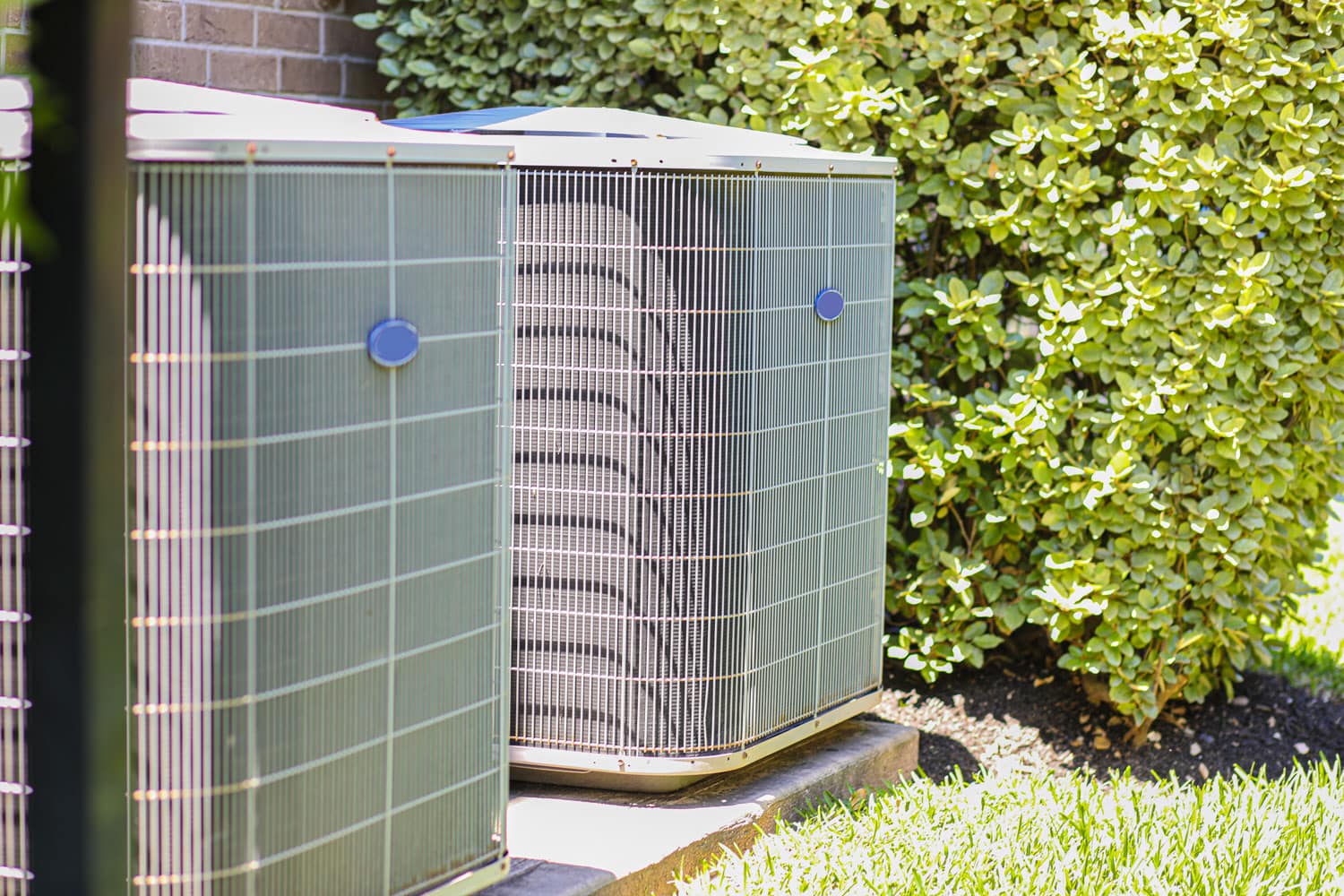
Frequent cycling of the pump is a good indication that the check valve is leaking and draining the discharge tube back into the condensate pump sump, which is not good. While it is easy to repair a condensate pump, you should consider getting another unit and a technical to install it if your pump gets too bad.
Can I Put Vinegar In My Condensate Drain?
It is common for the drain lines of an AC to block and overflow. However, there are various methods for keeping the drain tube of your air conditioner free from debris. You can pour one-fourth to one-half cup of simple white vinegar down your condensate drain at least four times a year to keep it running smoothly.
Keep bleach away from your metal drain pan because it may spill and react with the metal, causing more problems in the future. Since vinegar is acidic but can't react with elements like copper and zinc, you should not be worried about damaging other metal equipment.
Are Condensate Pumps Reliable?
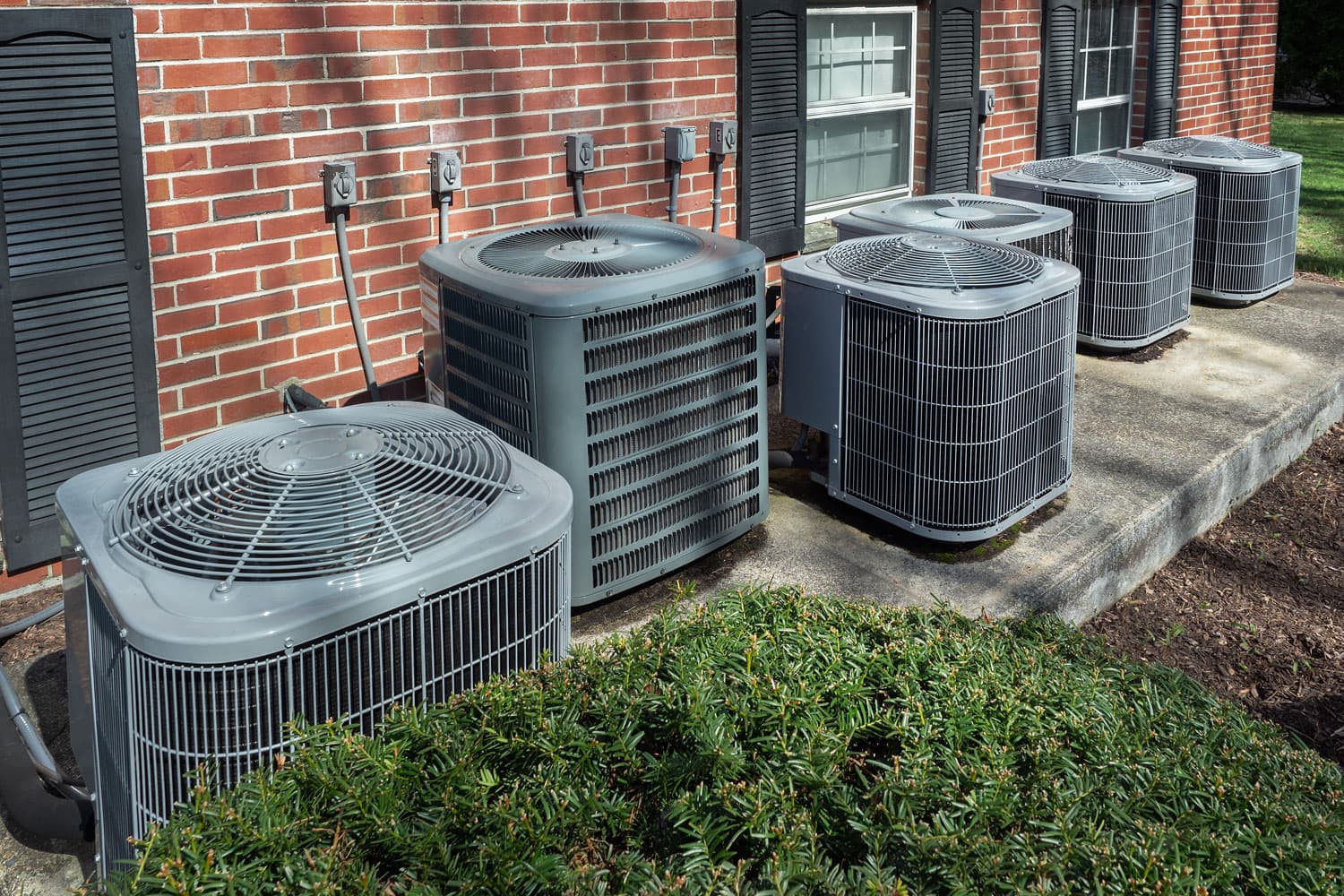
Condensate pumps are quite reliable. But they need to be worked on regularly to avoid untimely failure. A malfunctioning condensate pump might overflow and cause water damage. Excess moisture can make mold and mildew grow in your house.
You should inspect and clean your condensate pump often. Doing this will not only extend the life of your pump but will also make you know when it is time for a replacement. If you don't know how to clean your pump properly, you can consult a technician.
To Wrap Up
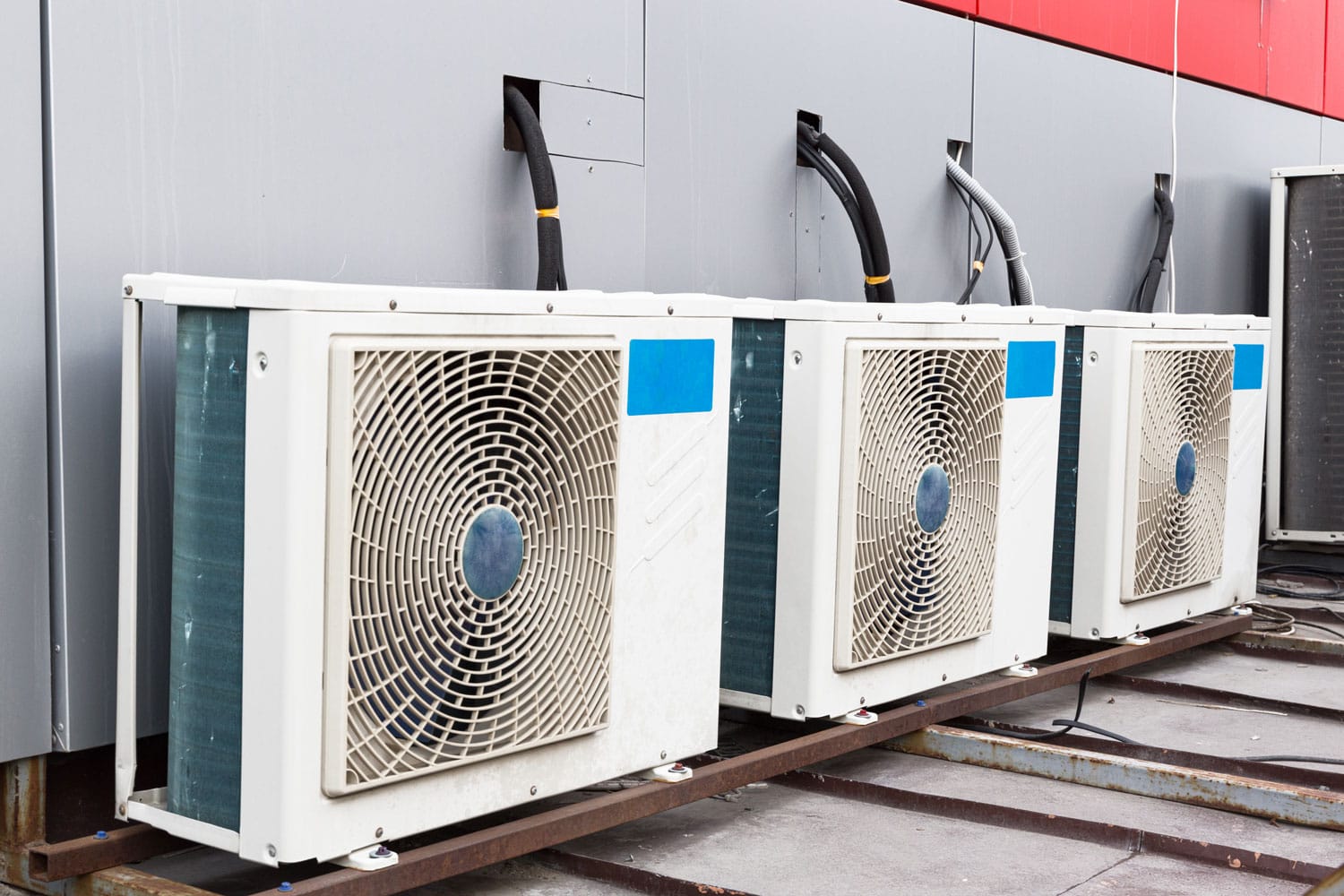
There are many factors that could be responsible for the noise generated by a condensate pump, and now you know more about them.
Remember that it is normal for a condensate pump to generate noise. But when it becomes too loud, you can reduce it by adding layers of insulation between the pump and the walls and installing sound-absorbing panels or fibreglass insulation. It is better to deal with a noisy condensate pump so the problem does not escalate.
If you enjoyed reading this post, here are similar articles you may like:
